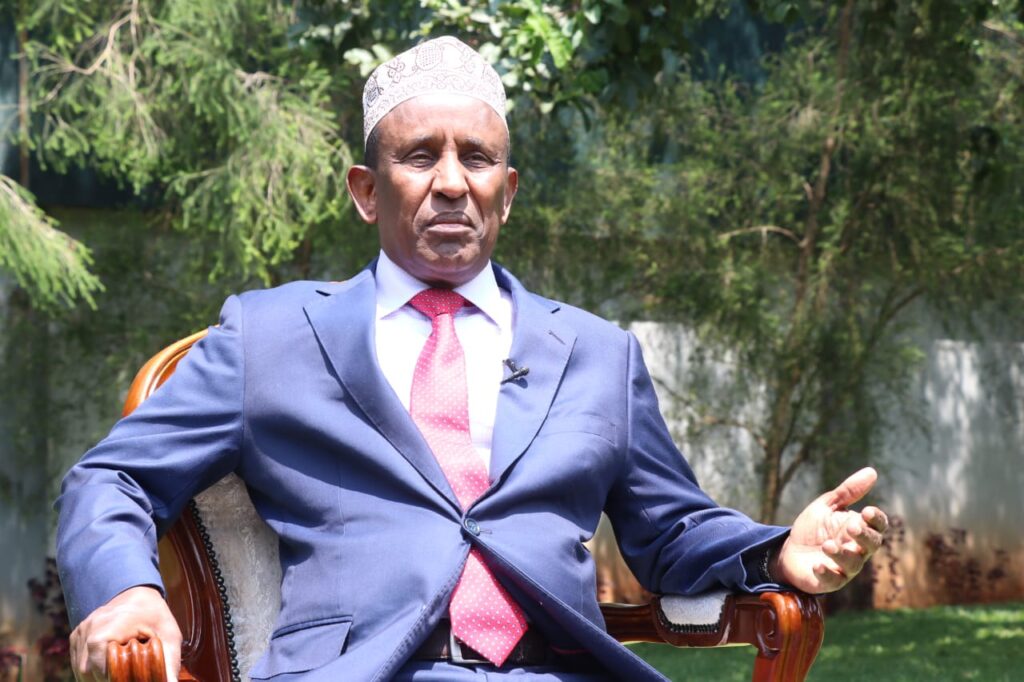Former Garissa Governor Ali Korane has dismissed calls for a national dialogue conclave, insisting that such talks must be guided by a clear and structured agenda. Addressing a press conference on Thursday, Korane criticised the recent wave of anti-government protests, saying they lacked focus and direction.
“We cannot dialogue in a vacuum,” Korane stated. “The recent demonstrations had no agenda at all. ‘Ruto must go’ cannot be the sole item on the table.”
Korane emphasized that meaningful dialogue in Kenya has always been preceded by well-defined demands and issues. He cited key historical moments such as the 1992 repeal of Section 2A, the 1997 Inter-Parties Parliamentary Group (IPPG) reforms, and the 2005–2010 constitutional review process as examples of structured engagements that led to significant national changes.
“In all those moments, there were coherent goals. This time, there is no clarity. Demanding the president’s resignation without a constitutional basis is not a viable conversation,” he said.
Korane also criticised the tone of the current agitation, likening it to movements against long-serving authoritarian leaders. “Ruto has been in power for only three years. We have elections every five years. Let Kenyans decide in 2027,” he added.
On the matter of police brutality during the protests, Korane said the issue remains contentious and argued that the police have a constitutional mandate to maintain public order. “They are not a rogue force. They are not the military,” he said.
Separately, the former governor welcomed President Ruto’s recent directive lifting restrictions on the issuance of national identity cards in North Eastern and other border regions. He termed the move long overdue and a step toward correcting historical injustices.
“For years, our people have been unable to access IDs, locking them out of voter registration and public services,” Korane said. He compared voter registration disparities, noting that Garissa, with 800,000 residents, has only 200,000 registered voters compared to Kirinyaga’s 360,000 out of 600,000 people.
He said improved access to IDs would enhance inclusivity and ensure the region’s rightful place in national decision-making.

